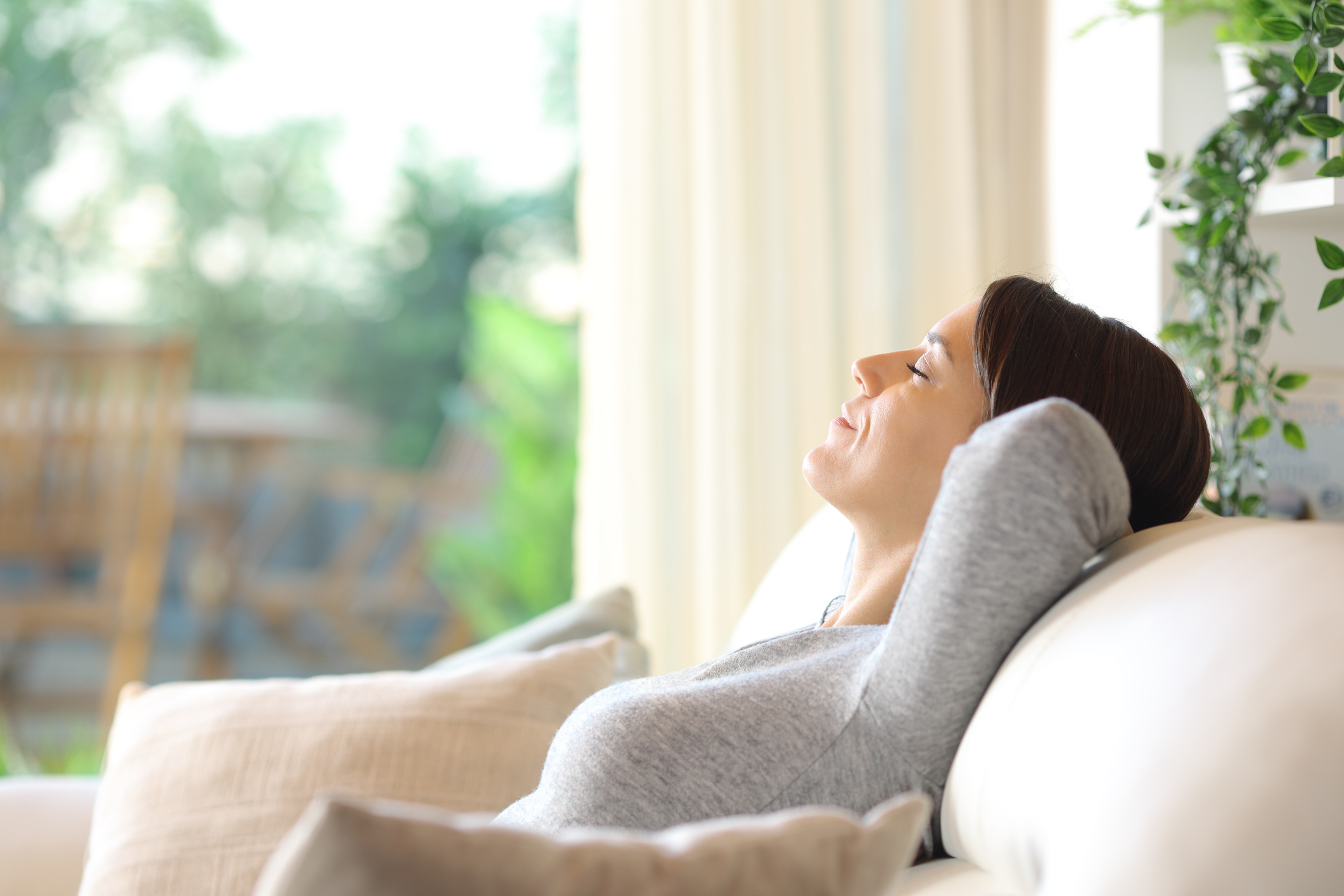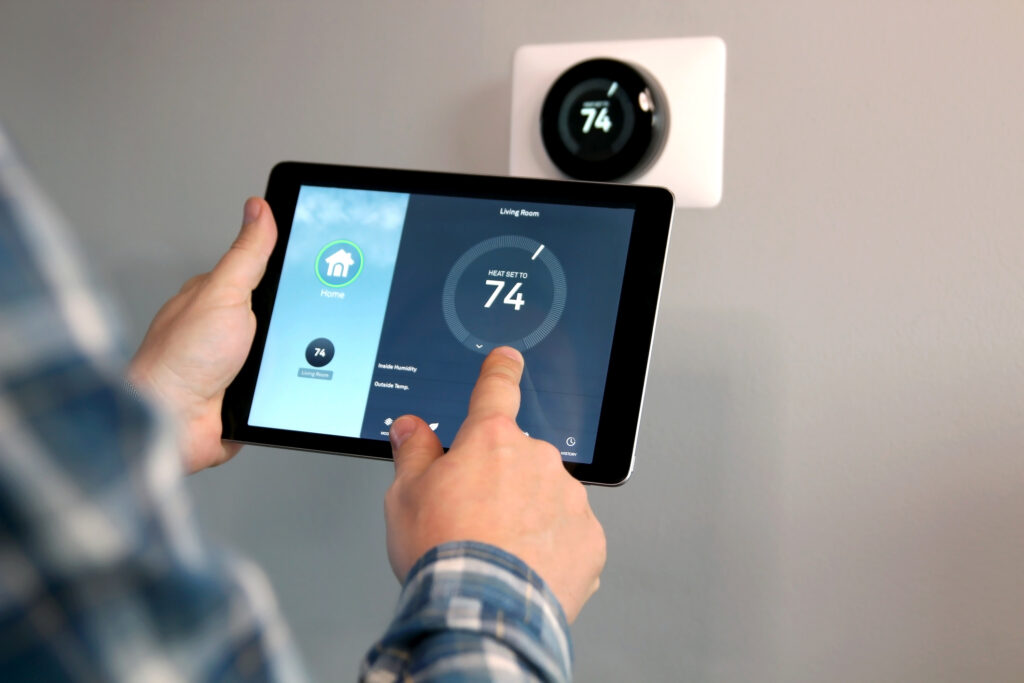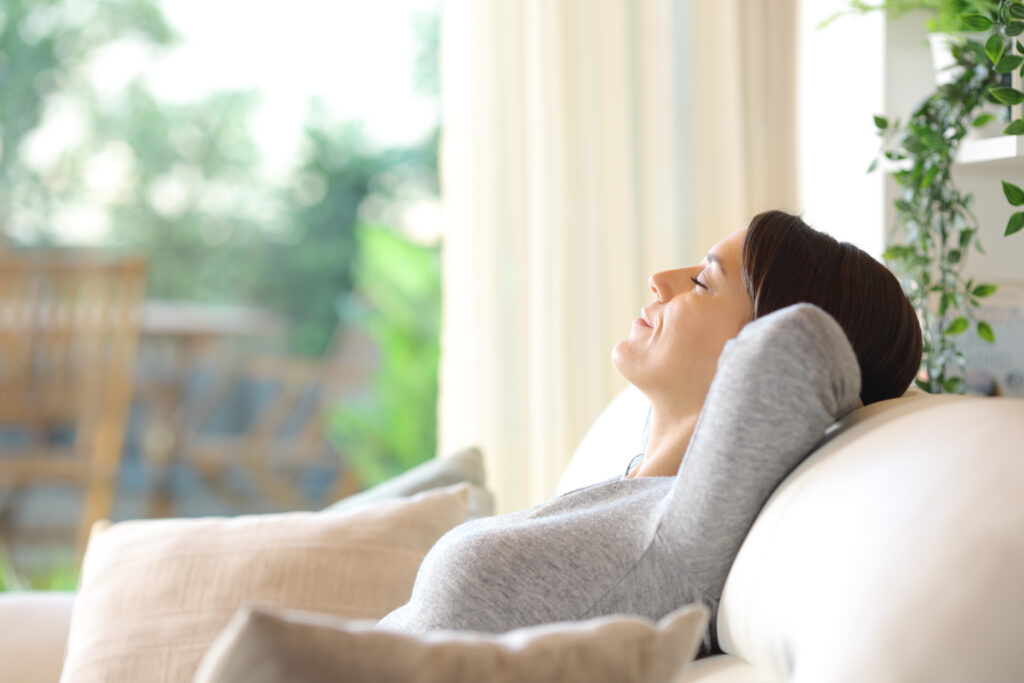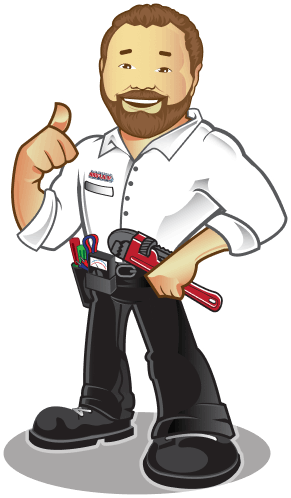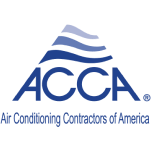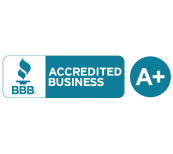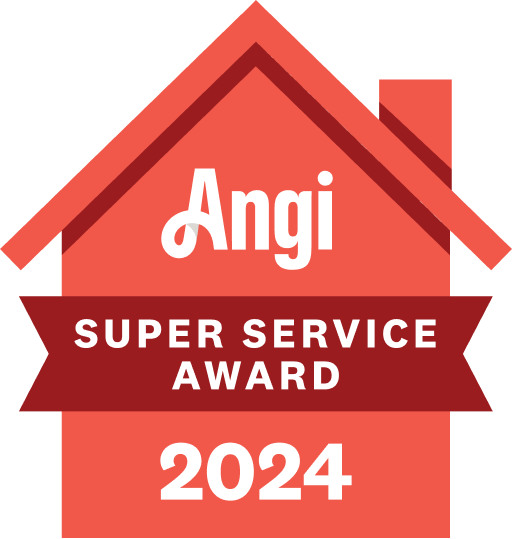FAQ Series: Plumbing Part 2
We get asked questions all the time, by customers that call in, customers we see at events and even people our techs run into just in passing! So, we decided we would put together a blog series about some of these frequently asked questions! We’ll touch on garbage disposals, water pressure, toilets, water heaters and even sump pumps!
My shower-head seems clogged. Can I clean this or do I need to purchase a new shower-head?
Shower-heads can get clogged with mineral deposits and sediment build-up. No need to run to the store though. The best way to clear a clog is to soak the shower-head in a 50/50 solution of white vinegar and water. Soak for about one hour and then rinse clean.
What if nothing happens when I turn on my disposal?
Make sure there’s power getting to the garbage disposer by checking for a tripped circuit breaker or a blown fuse. Try plugging something else in the wall socket or check for power by using a voltmeter.
What part of the water service is my responsibility?
The service line (lateral) from the property line to the house and all water pipes within the house/building are the responsibility of the homeowner. Service lines are generally ¾” to 1 ½” for private homes and up to 12″ for larger commercial buildings. Your municipality is responsible for the water service (lateral) from the water main to the property line.
Is it safe to use an extension cord with my sump pump?
For your safety, an extension cord should never be used. The dedicated outlet should be installed above the pump so it can be plugged directly into the outlet. Always unplug the sump pump before working on or near the pump.
It sounds as if water is constantly running, what’s causing this and what can I do?
Chances are likely the fill valve is set at such a tall height that the water level doesn’t completely shut off because the float doesn’t rise enough to shut if off. You need to either adjust or replace your fill valve.
Why does it take so long to reheat the water?
It could be a number of reasons from your water heater being too small, in which case you may need a larger capacity model, or you may need to increase the temperature on your thermostat. But be careful, increasing the temperature can lead to burns and scalding. Another possible cause could be the increase of lime or sediment build-up in your tank. Draining this build-up could help.
Is High Water Pressure a Bad thing?
It depends. High water pressure is generally considered anything above 60 lbs. Although in some situations, such as firefighting, high water pressure is a good thing, in a home plumbing system it can cause unnecessary damage. Excessive water pressure can erode or deteriorate various plumbing components ultimately causing leaks, banging pipes, dripping faucets, or appliance breakdowns. Not only can high water pressure in the home reduce the life of your appliances, but is also wasteful and leads to higher utility bills.


